How to Sleep Without Alcohol

By The Recovery Village
Editor Erica Weiman | Medical Reviewer Benjamin Caleb Williams, RN
Last Updated: April 10, 2023
Editorial Policy | Research Policy
Although alcohol may make it easier to fall asleep, it has a negative effect on the overall quality of sleep and could lead to dependence over time.
Alcohol is a central nervous system depressant, meaning it slows brain activity. This can lead to sleepiness, and may lead you to think it’s easier to fall asleep when using alcohol at bedtime. However, alcohol is known to negatively affect the quality and duration of sleep1, and using it to sleep can be counterproductive.
Those who stop using alcohol are likely to eventually experience better quality and longer-lasting sleep. In the beginning, however, sleep may be more difficult for those who have relied on using alcohol to get to sleep. Stopping alcohol use removes this sleep aid, potentially leading to difficulty initially getting to sleep.
Overcome addiction with evidence-based, expert care.
Alternatives to Alcohol for Sleep
The good news for those stopping alcohol use is that there are several ways to fall asleep without using alcohol. These interventions aim to replace the role that alcohol played in getting you to sleep and help you practice good sleep hygiene2.
Using an Alternative Beverage
Alcohol not only has a chemical effect that induces sleep1, but it can also become part of a bedtime routine, making it even harder to sleep when the habit of drinking alcohol before bedtime is stopped. Using an alternative beverage, such as chamomile tea10, can soothe you to sleep without changes to your bedtime routine.
Exercise or Activity
Exercising or being active before bed can help you sleep3 by making you more tired. Exercise can also boost endorphins, the chemicals in your brain that enhance mood and your ability to relax.
Meditation
Meditation4 by itself or as part of a meditative yoga routine can help you become more present and relaxed, improving your ability to fall asleep. The controlled, measured breathing associated with meditation or yoga promotes relaxation and reduces stress, enhancing sleep quality.
Consistent Sleep Routine
At the core of good sleep hygiene is a consistent bedtime routine5. Your body has a 24-hour clock, called the circadian rhythm, that helps you naturally fall asleep and wake up. If you consistently go to bed and wake up at the same time, your body will quickly adjust to your routine, and you will find that falling asleep and waking up will come more naturally.
Dedicated Sleep Environment
You will fall asleep easier if you’re in a dark, quiet and relaxing environment that is at a comfortable temperature. Sleep experts also recommend6 that you only use your bedroom for sleep or intercourse so that your subconscious associates the bedroom space with sleep.
Avoiding Stimulation
Avoiding stimulation before going to sleep will help improve your ability to fall asleep quickly. Examples of stimulation may vary from one person to another, but avoiding caffeine before bed and limiting screen time6 in the hour prior to going to sleep are recommended. It’s also advised to avoid any stressful activity right before going to bed or attempt to manage any stress you may be experiencing.
Other FAQs
Why does alcohol help me sleep?
Alcohol depresses the body’s neurological system, making it easier to relax and fall asleep. While alcohol helps you fall asleep more easily, it will ultimately negatively affect sleep duration and quality.
Is alcohol a sleep aid?
Alcohol may help you initially get to sleep, but is not recommended as a sleep aid because it actually worsens the overall quality of your sleep. There are many FDA-approved sleep aids7 that can help people get to sleep and sleep better, but many of these do not ultimately address the underlying problems that make it difficult to get to sleep.
How much alcohol does it take to affect sleep?
Any amount of alcohol can disrupt sleep; however, the more you drink, the more your sleep will be disrupted. One study8 found that moderate and heavy drinking had an especially significant effect on sleep.
How long before bed should I stop drinking?
When using alcohol, the longer you go without it before going to bed, the better your sleep will be. One study on the topic recommends abstaining from alcohol six or more hours11 before going to sleep for the best results.
Break Free From Addiction
If you are struggling with addiction, don’t wait any longer to get help. Reach out to us today to get your life back.

How Does Alcohol Affect Sleep?
There are many ways that alcohol negatively affects sleep1. One of the most significant of these is by suppressing rapid eye movement (REM) sleep. While sleeping, you go through four distinct stages of sleep characterized by different types of brain waves. The deepest of these stages is REM sleep, which is most important for being fully rested and rejuvenated after sleep. Alcohol inhibits the body’s ability1 to experience REM sleep, causing fatigue after even a long period of sleep.
Alcohol also causes your muscles to relax more during sleep, including the muscles in the back of your throat and tongue. This can cause1 or worsen a condition called obstructive sleep apnea (OSA), in which the tongue relaxes during sleep and obstructs the airway. The inability to breathe wakes you up for a few seconds so that you can catch a breath, but you won’t realize you’re awake. The end result is that you can wake up dozens or even hundreds of times during the night and not realize it, interrupting your natural sleep cycle.
While suppression of REM sleep and OSA are the two main adverse effects of alcohol on sleep, alcohol can also cause dehydration, raise body temperature, and cause a more frequent need to urinate, all of which can make it difficult to sleep.
Alcohol and Insomnia
Insomnia9 is characterized by difficulty falling asleep or staying asleep. Alcohol contributes to insomnia by suppressing REM sleep and causing OSA. This makes it difficult to stay asleep, but this may not be directly noticeable. Insomnia caused by alcohol can be hidden, creating symptoms of fatigue and sleepiness throughout the day without an obvious cause. Insomnia and alcohol use can create a negative feedback loop, as drinking alcohol to get to sleep can cause more hidden insomnia.
Insomnia and Alcohol Withdrawal
While alcohol use can cause hidden insomnia, a more obvious form of insomnia can occur during alcohol withdrawal. Because alcohol makes falling asleep easier, stopping alcohol use can make it more difficult to fall asleep, even though sleep quality will be better once you are actually asleep. Insomnia experienced during alcohol withdrawal is one reason that people stopping alcohol use often seek professional help.
Alcohol, Sleep & Addiction: When to Get Help
While many people will have an occasional alcoholic beverage, using alcohol every day to fall asleep can indicate that alcohol use is becoming unhealthy. Using alcohol to sleep can indicate a dependence on the effects of alcohol to live your normal life.
If you or someone you know needs a nightcap to get to sleep, it is an indicator that cutting back or stopping alcohol use should be considered. The Recovery Village at Cherry Hill at Cooper has a proven record of helping people stop using alcohol and experience the benefits of sobriety. Contact us today to learn more about how we can help you on your journey to an alcohol-free life.
Questions?
Our Recovery Advocates are ready to answer your questions about addiction treatment and help you start your recovery.
Sources
- Pacheco, Danielle. “Alcohol and Sleep.” Sleep Foundation, November 29, 2021. Accessed November 29, 2021.
- Suni, Eric. “Sleep Hygiene.” Sleep Foundation, November 29, 2021. Accessed November 29, 2021.
- John Hopkins Medicine. “Exercising for Better Sleep.” 2021. Accessed November 29, 2021.
- Shoen, Sarah. “Sleep Meditation.” Sleep Foundation, August 13, 2021. Accessed November 29, 2021.
- Centers for Disease Control and Prevention. “Tips for Better Sleep.” July 15, 2016. Accessed November 29, 2021.
- American Sleep Association. “Sleep Hygiene Tips.” 2021. Accessed November 29, 2021.
- Suni, Eric. “Compare Sleep Aids.” Sleep Foundation, June 23, 2021. Accessed November 29, 2021.
- Pietilä, Julia; Helander, Elina; et al. “Acute Effect of Alcohol Intake on Cardio[…] Observational Study.” JMIR Mental Health, March 2018. Accessed November 29, 2021.
- U.S. National Library of Medicine. “Insomnia.” MedlinePlus, September 9, 2021. Accessed November 29, 2021.
- Srivastava, Janmejai K; Shankar, Eswar; Gupta, Sanjay. Chamomile: A herbal medicine of the past with bright future. Molecular medicine reports, November 1, 2021. Accessed November 29, 2021.
- Stein MD, Friedmann PD. “Disturbed sleep and its relationship to alcohol use.” PubMed Central, November 10, 2009. Accessed October 25, 2022.



